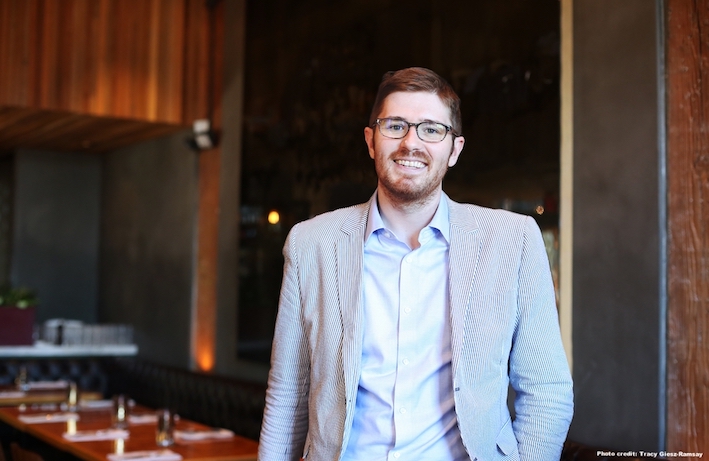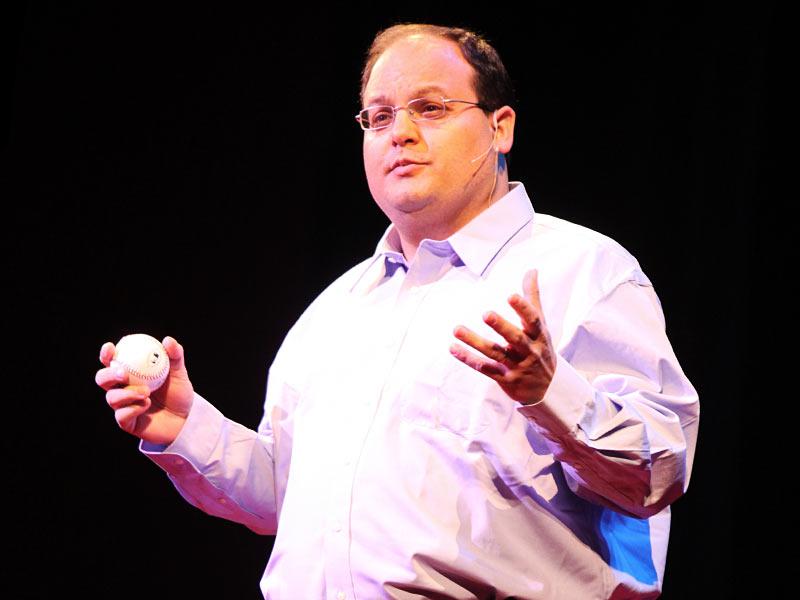
You initiated the #DontLeaveItToGoogle campaign after Google brought out a search engine for scientific datasets. What was the reason to start such an initiative? Research data is an important scientific output and there are many benefits to research data sharing, including data reuse and aggregation. But discovery is a big problem, even bigger than in literature.








